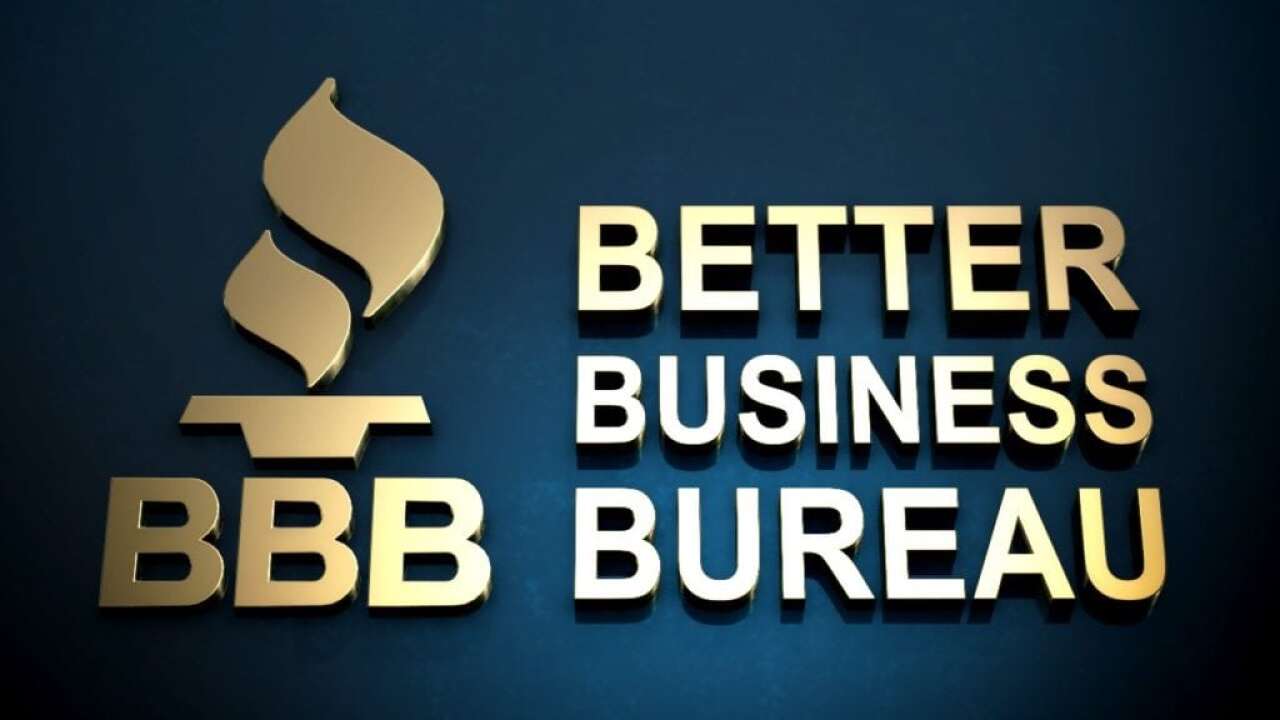Taking charge of your personal information is one of the best defenses against identity theft.
Personal information can be accessed by would-be impostors through a variety of methods, including digitally or conventionally. While protecting your digital identity has taken the forefront in the conversation about data security, Katie Galan with the Better Business Bureau recommends securing personal documents at home, preferably under lock and key, especially when employing outside help or contractors.
According to Galan, "shredding outdated documents that contain personal information can prevent sensitive data from falling into the wrong hands. Bank statements, pay stubs and medical bills should be shredded after a year and supporting documents for tax returns, not the return itself, should be shredded every seven years."
Galan says, "simply possessing a name and an address, an impostor can apply for credit cards, open utility accounts or alter associated physical addresses under an assumed name. On average, it takes six months to recover from identity theft, depending on the extent of damage done and the length of time that the assumed name has been used."
Galan says some of the warning signs that you may be a victim of identity theft include, unexpected banking transactions by way of withdrawals or deposits. Also the disruption of bills or other recurring mailings, IRS notification of tax returns being filed in your name when you haven’t filed, and unfamiliar accounts or charges on your credit report.
The BBB says identify theft remains one of the largest threats American consumers face. In 2020, there were 4.8 million identity and fraud reports received by the FTC, accounting for almost one-third of all complaints for the year. In Texas, more than 134,000 cases of identity theft were reported, placing the Lone Star State third in the nation behind California and Illinois. Documents to shred include, bank account information, social security information, credit card applications, insurance forms, health forms and billing statements.
Galan recommends cutting directly through card numbers instead of diagonally or horizontally across the card. If you are in doubt, keep cutting until the card is little more than a series of squares. It is not possible to shred personal information “too much.”
Across North America, BBB offices are participating in “Secure Your ID” events, where shredding services will be offered free of charge for residents. Shredding events are offered in most communities, visit BBB.org for more.


